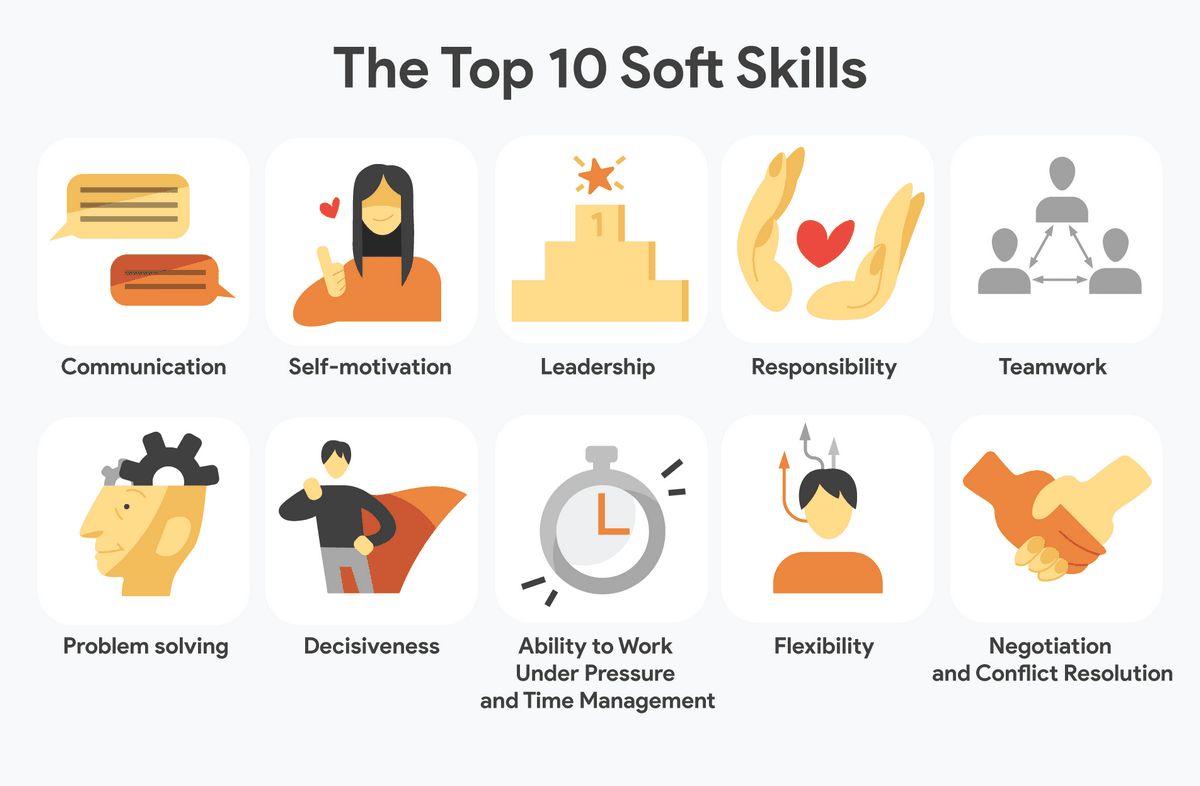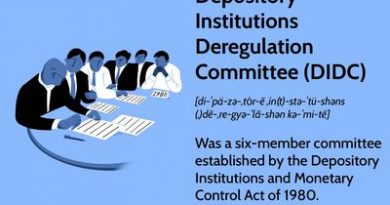What Are Soft Skills Definition Importance and Examples

Soft skills are character traits and interpersonal skills that characterize a person’s ability to interact effectively with others. In the workplace, soft skills are considered a complement to hard skills, which refer to a person’s knowledge and occupational skills. Psychologists may use the term "soft skills" to describe someone’s emotional intelligence quotient (EQ) as opposed to intelligence quotient (IQ). In a competitive labor market, individuals who demonstrate a good combination of hard and soft skills enjoy greater demand for their services.
Key Takeaways:
– Soft skills include attributes and personality traits that help employees interact effectively and succeed in the workplace.
– Examples of soft skills include communication with clients, mentoring, team leadership, contract negotiation, following instructions, and meeting deadlines.
– Hard skills are measurable and obtained through formal education and training.
– Workers with good soft skills can help companies achieve higher levels of efficiency and productivity.
– Soft skills are more difficult to acquire through formal training compared to hard skills.
Understanding Soft Skills:
Many employers value a balance of hard skills and soft skills when making hiring decisions. Skilled workers with a track record of completing tasks on time are highly valued. Strong communication skills and a good understanding of company products and services are also important. Soft skills enable workers to create compelling presentations, even if their specific job is not in sales or marketing. Coaching co-workers on new tasks is another valued soft skill.
Company leaders are most effective when they have strong soft skills. They should possess good speaking abilities and be adept at listening to workers and other leaders in their fields. Failure to listen and respond to people’s concerns can lead to turnover, especially among top performers and frontline employees responsible for the customer experience. Negotiation is also a significant part of a leader’s job, requiring the ability to consider others’ wants while achieving the desired outcome. Effective task delegation is also essential for good leadership.
Companies often prioritize hiring employees whose soft skills align well with the rest of the staff to ensure a good cultural fit.
Hard Skills vs. Soft Skills:
Hard skills are acquired through formal education, training programs, and effort. These quantifiable skills are necessary for specific job performance. Employers often assess a candidate’s hard skills before making a hiring decision. Examples of hard skills include computer programming, writing, web development, and graphic design. Soft skills, on the other hand, are more challenging to acquire and change. Doctors, for instance, require soft skills like empathy, active listening, and a good bedside manner, while hard skills include a comprehensive understanding of illnesses and the ability to interpret test results and symptoms.
Valuable Soft Skills for Employees:
Soft skills benefit businesses when practiced company-wide. Collaboration among workers is vital, as team members who can work well with people from different generations and backgrounds are more productive. Sharing knowledge and tools and learning new methods and technologies are desired soft skills for all workers. Troubleshooting is another valuable skill that improves efficiency, as workers can solve software problems independently instead of relying solely on the IT department.
Soft skills, also known as people skills, include communication, interpersonal skills, leadership, problem-solving, work ethic, time management, and teamwork. These characteristics are transferable to any position.
What Is the Difference Between a Soft Skill and a Hard Skill?:
Hard skills are measurable and acquired through training, education, and practice. They are specific task or job-related abilities. On the other hand, soft skills are behavioral and interpersonal skills that relate to how effectively people interact with others and handle situations.
Why Are Soft Skills Important?:
Positive interactions and relationships are crucial for career success. Trust is built through these interactions, and productivity increases in environments where soft skills thrive.
How Do You Improve Soft Skills?:
Although not typically acquired through formal training, soft skills can be learned. Improving soft skills requires openness to feedback and a willingness to change behaviors. Training can provide tips and strategies for developing better practices, such as active listening and empathy. Practicing strengthens areas where deficiencies exist.
What Is Soft Skills Training?:
Soft skills training helps individuals develop or improve their interpersonal skills. It includes lessons on communication, active listening, conflict resolution, and more.
The Bottom Line:
While hard skills are highly valued in today’s economy, many employers recognize the importance of soft skills as well. Workers with both hard and soft skills may find it easier to get hired and advance in their careers.



